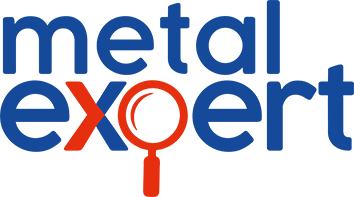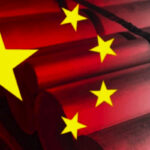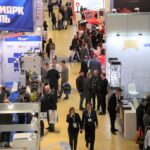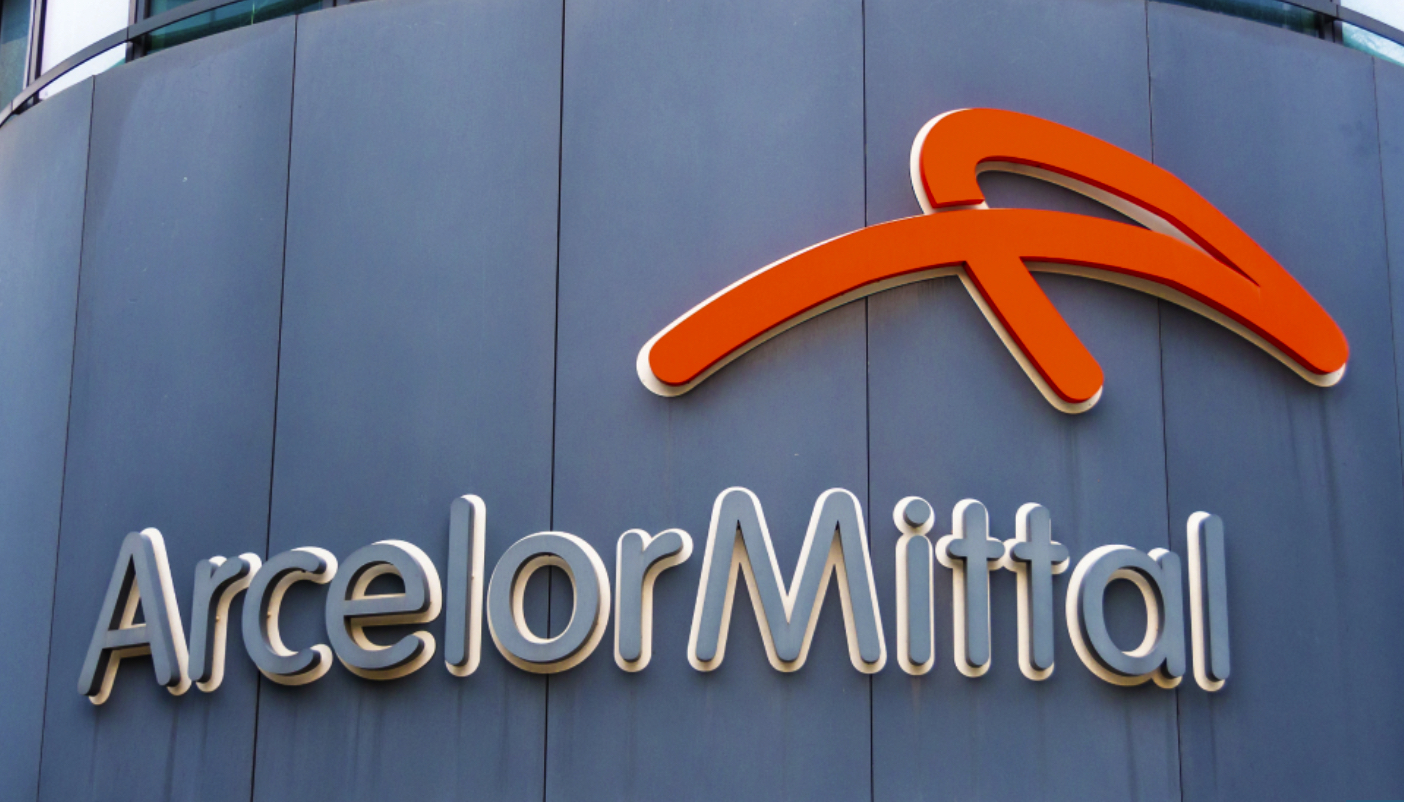ArcelorMittal Poland Celebrates 20th Anniversary with Calls for EU Support
Two Decades of Transformation
This year marks 20 years since Mittal Steel acquired Polskie Huty Stali in 2004. The acquisition, part of Poland’s privatization efforts, has resulted in a modern, efficient business through significant investment. Today, ArcelorMittal Poland operates Europe’s most advanced hot rolling mill in Kraków and a heavy section mill in Dąbrowa Górnicza, capable of producing 120-metre-long rail.
The company has made strides in environmental performance, cutting CO2 emissions by 42%, dust emissions by 90%, and energy use by 40%. According to the Warsaw School of Economics, ArcelorMittal became Poland’s second-largest foreign investor in 2023. These achievements come at a critical time, as many steel companies in Central and Eastern Europe face uncertainty about their future.
Challenges Facing the European Steel Industry
At the 20th-anniversary event in Sosnowiec, Poland, Geert Van Poelvoorde, CEO of ArcelorMittal Europe, spoke about the challenges facing the steel industry. He stated, “Steelmakers across Europe, including in Poland, face high production costs and a flood of cheap, subsidized imports.” “Without the right policies, the European steel industry will continue to shrink. But with support, we can thrive and continue to be the foundation of European industry.”
Van Poelvoorde urged the Polish government to support the steel sector as it prepares to lead the European Council in the first half of 2025. He emphasized that key policy decisions, such as the Carbon Border Adjustment Mechanism (CBAM), will affect the industry’s competitiveness and its ability to invest in decarbonization.
Critical Time for Steel Policy in Europe
Van Poelvoorde emphasized that 2025 will be pivotal for shaping the European Commission’s steel and metals action plan and the Clean Industrial Deal. “The decisions made next year will determine the future size of European industry and the steel sector. We must create a level playing field to ensure fair competition,” he added.
He also expressed optimism about recent European Commissioner appointments, including Stéphane Séjourné, whose mission includes developing a steel and metals action plan. “This is a significant step forward,” Van Poelvoorde noted. “We welcome these ambitions but will continue to push for quick, decisive action.”
The Importance of Strong Industry for Europe’s Future
Van Poelvoorde concluded by addressing the broader context of global protectionism and Europe’s future role. “Europe cannot remain an economic powerhouse without a strong industrial base, especially in steel. Decarbonization without industrialization is not a solution for Europe, the planet, or the climate.”
About ArcelorMittal
ArcelorMittal is a leading global steel and mining company, with operations in 60 countries and primary steelmaking facilities in 15 countries. In 2023, the company generated $68.3 billion in revenue, produced 58.1 million metric tonnes of crude steel, and 42.0 million tonnes of iron ore.
ArcelorMittal provides steel solutions to industries such as automotive, engineering, construction, and machinery. The company is focused on innovative steel production, using processes that consume less energy, emit less carbon, and reduce costs. Its goal is to support the transition to a more sustainable future by producing cleaner, stronger, reusable steels for renewable energy infrastructure.
ArcelorMittal is listed on the stock exchanges in New York, Amsterdam, Paris, Luxembourg, and Spain.



